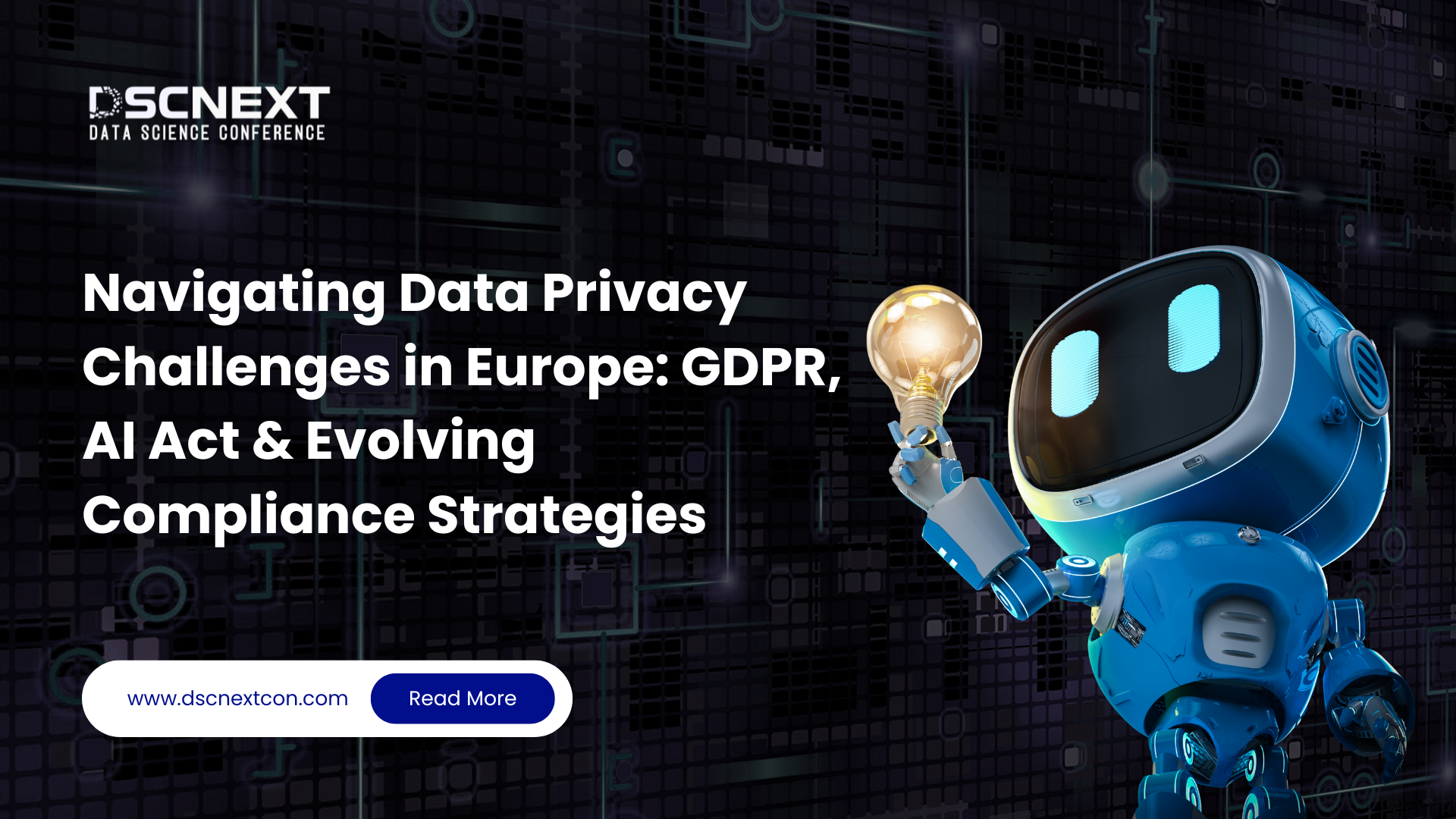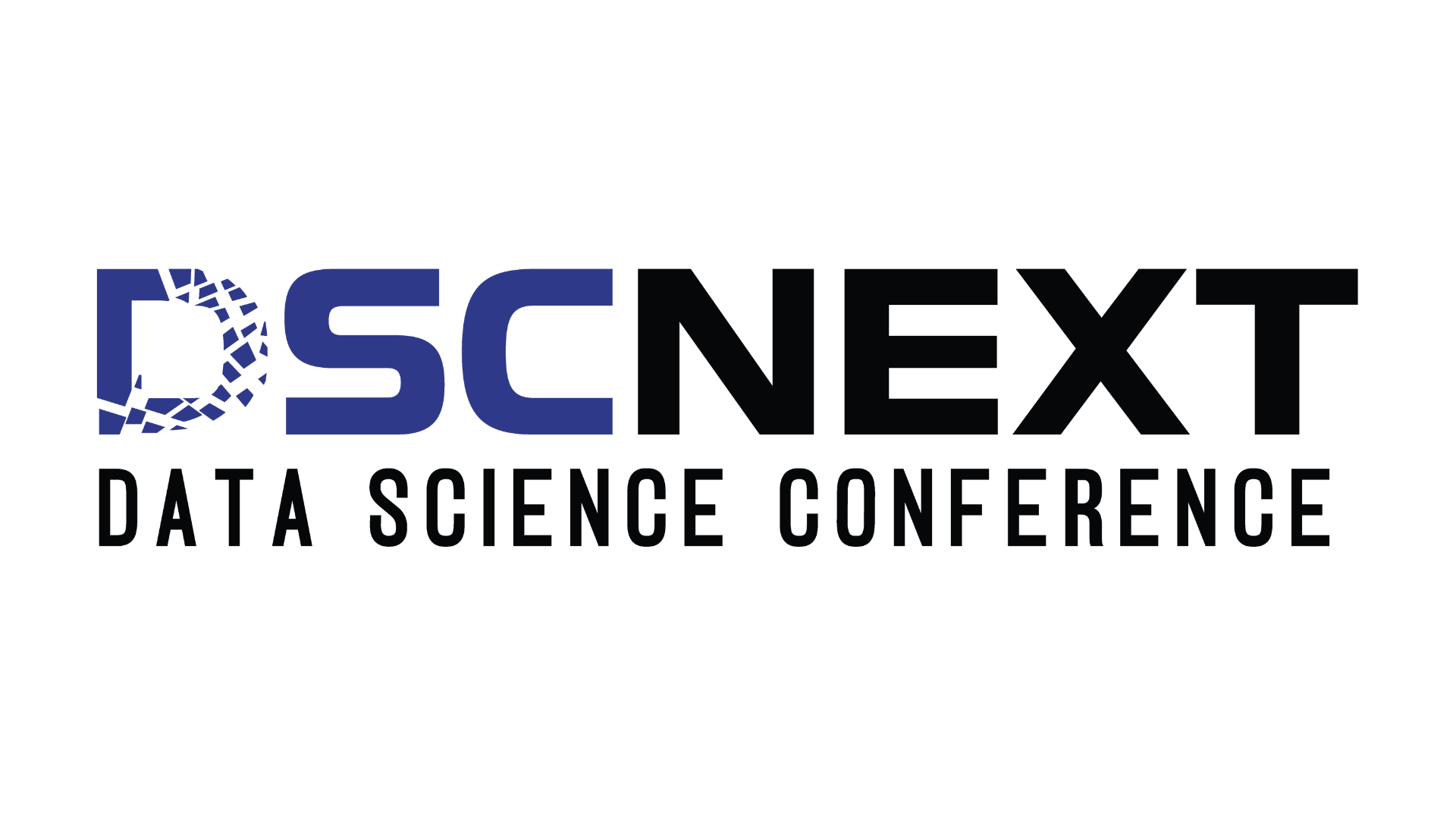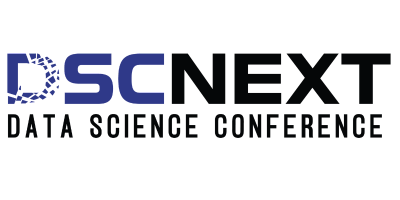
As Europe’s digital economy grows, so do its regulatory demands. From the foundational GDPR to upcoming frameworks like the AI Act, Digital Markets Act (DMA), and EU Data Act, businesses must adapt to a complex and shifting privacy landscape. Navigating these laws is especially critical for fast-moving industries like tech, finance, healthcare, and e-commerce.
Key Privacy Challenges Across Europe
Continuous Regulatory Change
European businesses face overlapping and evolving laws. While the GDPR remains central, 2025 will introduce stricter mandates through the AI Act and DMA, requiring more rigorous transparency, accountability, and ethical data handling—particularly in AI and platform-based ecosystems.
Adapting to the AI Act (Effective 2025)
The AI Act introduces new requirements for high-risk AI systems. Companies must ensure:
Transparent data usage
Explainability in algorithmic decisions
Robust documentation and risk controls
This is especially relevant for firms deploying AI in recruitment, finance, healthcare, or citizen services.
Jurisdictional Ambiguity
Enforcement varies across EU member states. A company operating in multiple countries must manage different interpretations of compliance—particularly concerning employee data, consent, and cross-border transfers. Adapting to these national nuances is key to avoiding penalties and delays.
Data Quality & Complexity
Ensuring accurate and updated personal data across systems is critical. Integration of multiple data sources—especially in cloud, hybrid, or IoT environments—creates governance complexity that heightens compliance risk.
Consent and Transparency
With regulators targeting dark patterns (deceptive design choices), organizations must offer:
Clear, informed, and specific opt-ins
No pre-ticked boxes or buried terms
Easy-to-understand explanations of data use
Data Transfers & the New EU Data Act (Effective September 2025)
The Data Act will introduce rules on data access, portability, and sharing—especially within smart devices and connected services. For companies operating across EU borders, this reinforces the need for standardized contractual clauses and clear data-sharing protocols.
Real-World Example: Dutch EdTech Startup and GDPR Success
A Netherlands-based EdTech company offers a compelling case study in GDPR compliance. By restructuring their SaaS platform, they:
Mapped all user data flows early on
Embedded encryption and access controls into their architecture
Implemented privacy-by-design with every product update
Their success demonstrates how proactive compliance—not reactive fixes—can reduce risk and improve trust.
Strategies for Overcoming Regulatory Challenges
Adopt a Risk-Based Approach
Businesses must regularly assess privacy risks—especially for AI, cloud deployments, and international operations—and apply mitigation strategies tailored to their data exposure and industry needs.
Privacy by Design & Expert Support
Integrate privacy early in the development lifecycle. Consulting with legal and technical experts helps ensure your systems, contracts, and internal policies align with evolving legal standards.
Leverage Certification and Training
Staff education and GDPR certification can strengthen internal compliance culture, reduce human error, and ensure the organization keeps pace with fast-changing rules.
Industry Events Driving Privacy Dialogue
To stay informed and proactive, companies should participate in industry events that spotlight the intersection of regulation and technology. One such event is DSC Next 2026, taking place from March 24–26 in Amsterdam. Now in its second edition, the conference will bring together global voices in data science, AI governance, and ethical innovation. With dedicated sessions on AI compliance, GDPR in practice, and responsible analytics, DSC Next 2026 is a vital platform for European enterprises to engage in privacy-focused dialogue and strategy.
What Lies Ahead: Enforcement & Opportunity
Stricter Scrutiny Is Imminent
Regulators are moving beyond policies on paper. Expect more frequent audits, greater coordination among EU privacy authorities, and an emphasis on demonstrable accountability—particularly where data-driven technologies intersect with personal rights.
Privacy as a Business Differentiator
Organizations that treat privacy as a core value—not just a regulatory hurdle—can gain a competitive edge. Strong privacy practices build trust, reduce risk, and enhance brand reputation in both domestic and global markets.
Conclusion
European businesses are at a turning point as data privacy laws evolve and converge. Those who embed privacy by design, invest in risk-based compliance, and participate in forward-looking dialogues— will not only meet regulatory expectations but lead the way in ethical, trustworthy innovation.
References
CertPro:HOW STARTUPS CAN ENSURE GDPR COMPLIANCE IN 8 SIMPLE STEPS?

